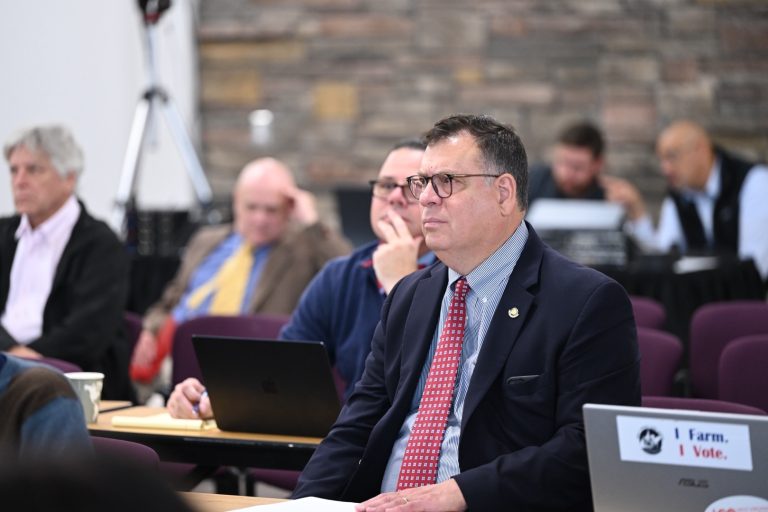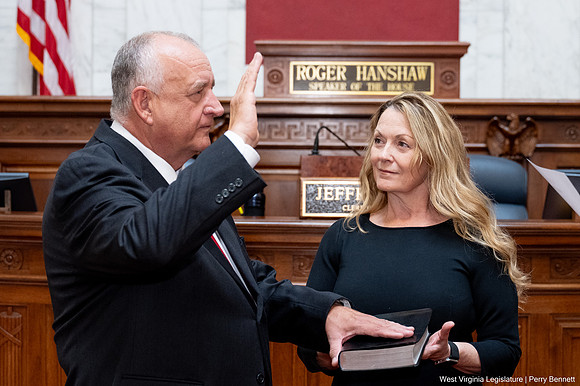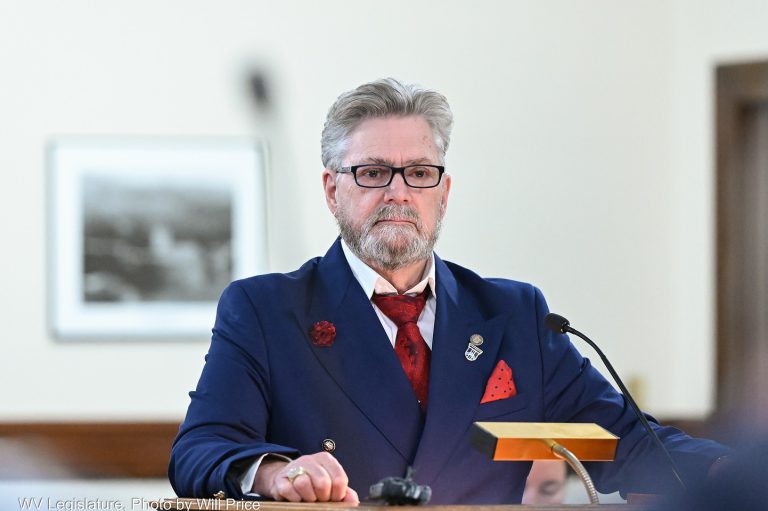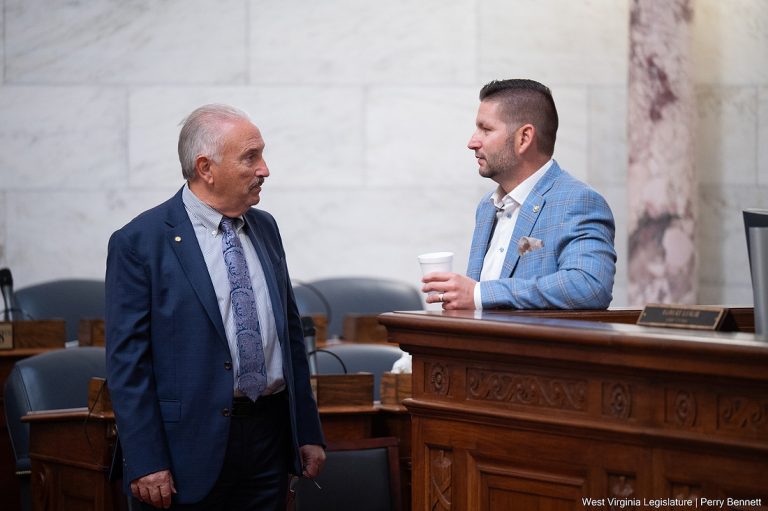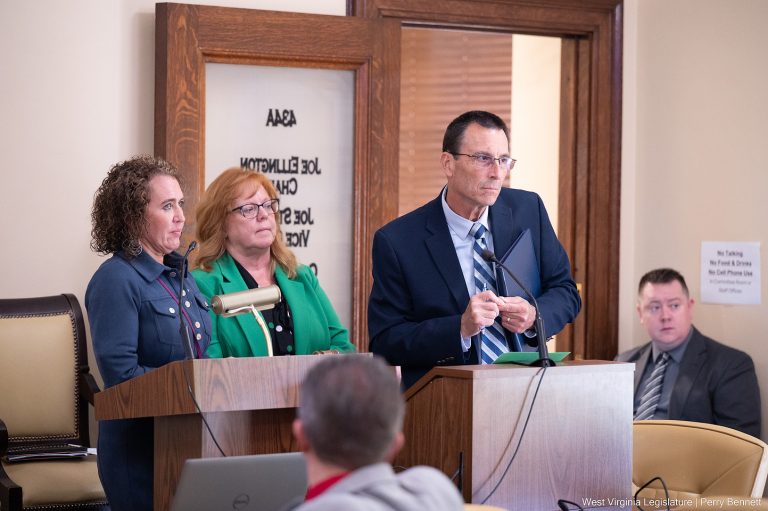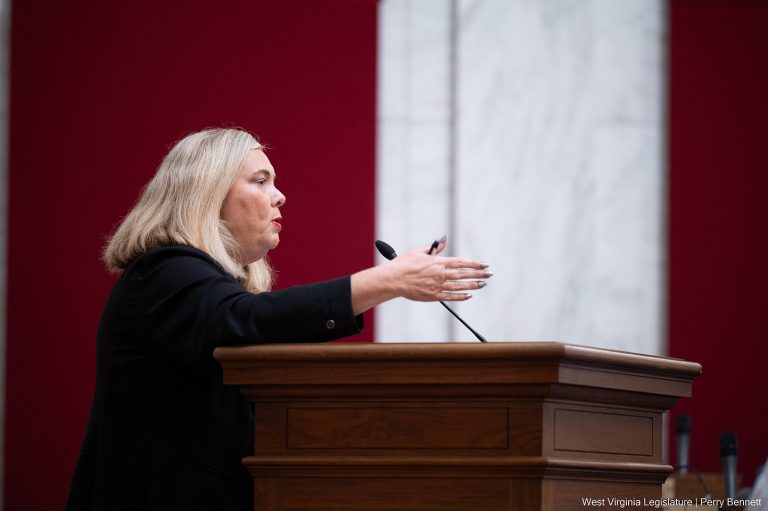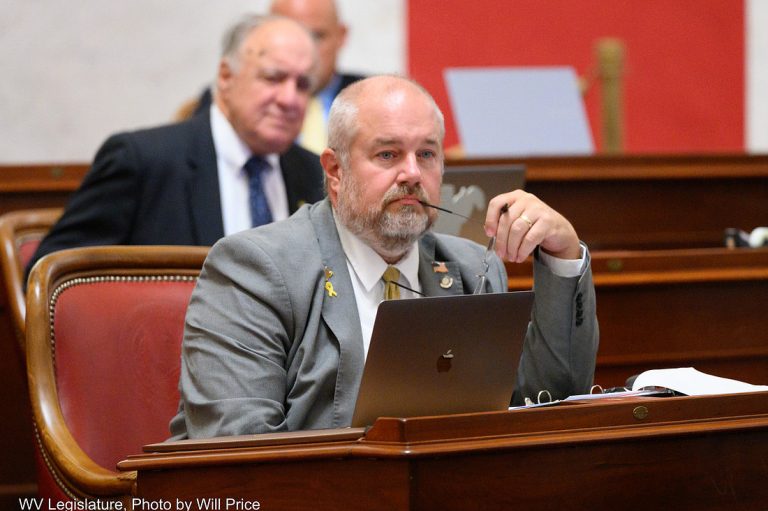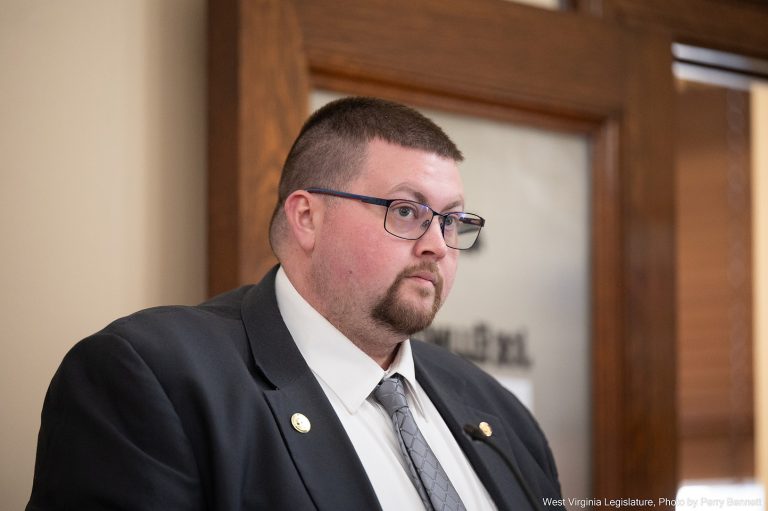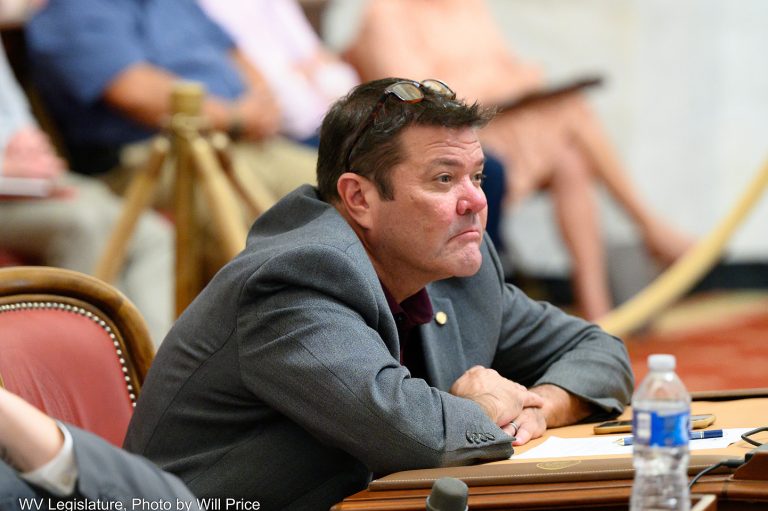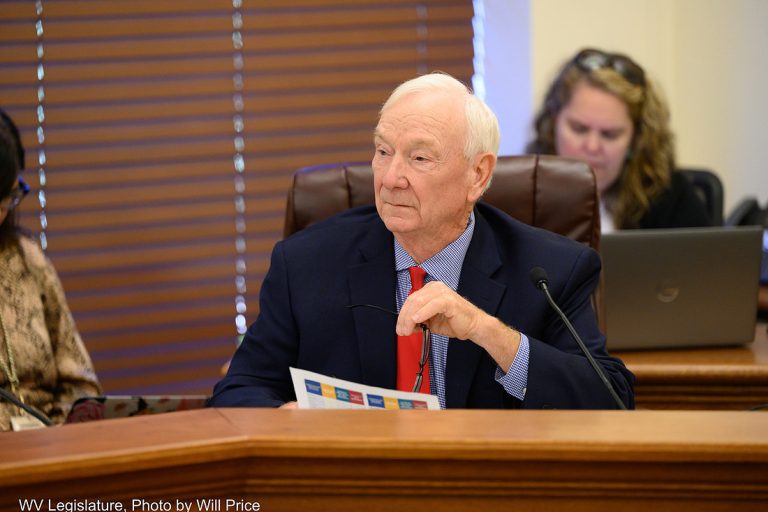The Joint Committee on Finance met today to hear a presentation on the West Virginia State Fair Board Economic Impact.
According to the presenter, a study was conducted on the fairgrounds in the U.S., which found that fairgrounds have a total economic impact of $52 billion on local economies. More than 29 percent of the US population attends a fair each year. Every $1 of public money invested in a fairground yields $9 return. Fairs generated $1.29 billion in state sales tax. However, fairs are more than just money; they also have a cultural impact. West Virginia is known for having many fairs and festivals. The WV State Fair started in 1921 as the Greenbrier Valley Fair. This year it celebrated 100 years, including the 20 years as the Greenbrier Valley Fair. The State fair did not open during 1942, 1943, 1944, or 1945 due to WWII. Therefore, 2025 was the 100th year the fair was held.
The State Fairgrounds has 10 year-round staffers. During the 10-day fair, there are 175 employees, and the fair generates $356,000 in payroll. The 100th anniversary of the fair was attended by 165,000 people, of whom 42,000 bought concert tickets. The fair generated $4.6 billion in food sales and $1.4 million in carnival sales. This year, the fair had a $42.8 million impact on West Virginia, and generated $2.5 million in tax revenue and $90,000 in property taxes. The fair had two sold-out concerts and sold over $1 million in lottery tickets.
The fairgrounds are used for more than the West Virginia state fair and host several non-fair events. This year, the fair board created its own music festival, Wild Trails Music Festival, which was held in June. It had 7,200 attendees from 41 states and 5 provinces in Canada. It had a significant impact on local and regional tourism. The fairgrounds are also the site of several camper rallies with 600 hookups. The WV fairgrounds have hosted national and international rallies. Additionally, the campgrounds are available to tourists seasonally.
The fair board participates in community giving through scholarships, civic and school group support, and agriculture.
The WV Fair Board is planning for the next 100 years with reinvestment. Several projects are planned, including grandstand reservation and stage project: $4 million – will begin Sept 1, 2026; campground expansion: $5 million; Concert venue and facilities, Indoor livestock arena, and agriculture/livestock facility upgrades. The total cost for improvements is $35 million.


